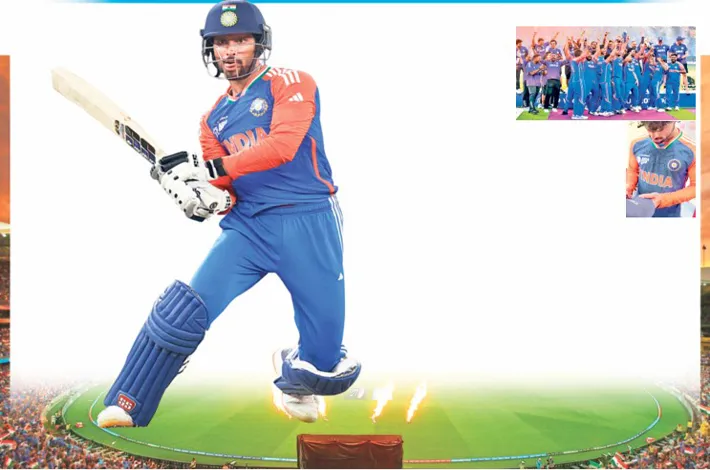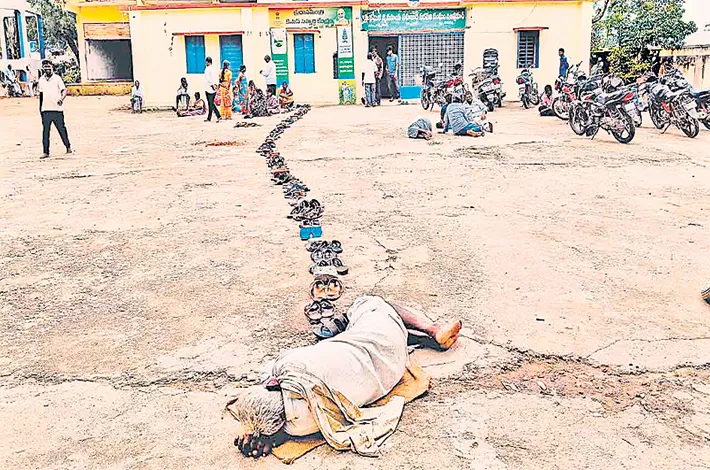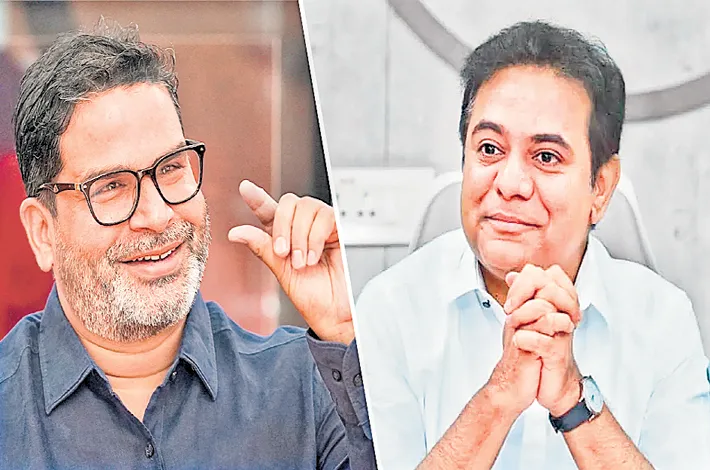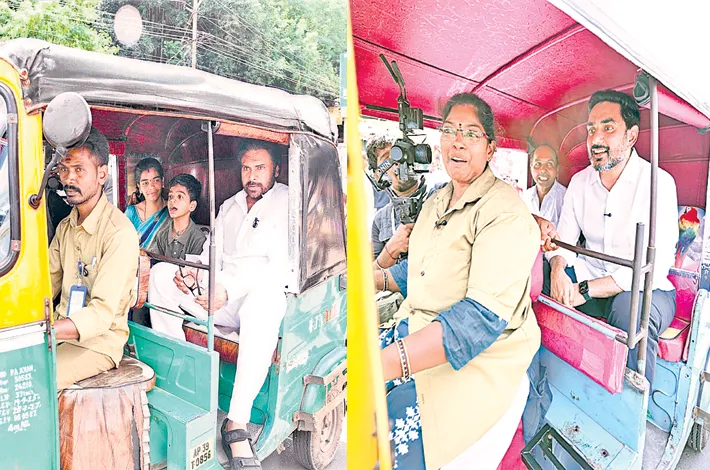GAME OF NATIONS
30-09-2025 12:00:00 AM

When the pitch becomes political
In the high-stakes arena of international cricket, where national pride often overshadows the game's spirit, a recent incident has reignited the age-old debate on the intermingling of sports and politics. During the just concluded Asia Cup tournament, Indian players notably declined to exchange handshakes with their Pakistani counterparts at the conclusion of a tense match. Adding to the controversy, the Indian team also refused to accept the trophy during the podium ceremony, opting instead to walk off the field amid murmurs of discontent.
This wasn't mere gamesmanship; it was a stark manifestation of the deep-seated geopolitical tensions between India and Pakistan, two nuclear-armed neighbours whose rivalry frequently spills over from battlefields to playing fields. As the world watches, this episode underscores a broader truth: sports, intended as a universal language of unity, have become a battleground for political agendas. The roots of this intermixing run deep, tracing back to the mid-20th century when modern nation-states began leveraging athletics to forge identities and assert dominance.
Post-World War II, the Olympics became a proxy for Cold War rivalries, with the United States and Soviet Union boycotting each other's events in 1980 and 1984, respectively. These weren't isolated acts; they were calculated political manoeuvres disguised as sporting integrity. Closer to home, the India-Pakistan cricket feud exemplifies how colonial legacies and partition scars can transform a gentleman's game into a symbol of unresolved hostility. Since the 2008 Mumbai terror attacks, linked by India to Pakistan-based militants, bilateral cricket series have been sporadic at best, often cancelled under diplomatic duress. The 2019 Pulwama attack led to India's outright refusal to tour Pakistan, and even neutral-venue encounters, like the one in Dubai, carry the weight of unspoken sanctions.
This latest snub—refusing handshakes and the trophy—has drawn sharp criticism from global sports bodies. The International Cricket Council (ICC) issued a statement urging "mutual respect," while former players like Wasim Akram decried it as "embarrassing for the sport." Yet, from the Indian perspective, it's a principled stand. Captain Rohit Sharma, in a post-match presser, alluded to "ongoing security concerns and broader national sentiments," a veiled reference to escalating border clashes reported just weeks prior. Pakistani officials, in turn, labelled it "poor sportsmanship," with Prime Minister Shehbaz Sharif tweeting that "cricket should rise above politics." The irony is palpable: while politicians invoke sports for unity, athletes become pawns in their games.
This fusion isn't unique to the subcontinent. Consider the 1936 Berlin Olympics, where Adolf Hitler used the Games to propagate Nazi ideology, only for Jesse Owens' triumphs to inadvertently undermine Hitler’s supremacy narratives. Or the 1972 Munich massacre, where Palestinian militants infiltrated the Olympic Village, turning a celebration of peace into a tragedy of terror. In Africa, apartheid-era South Africa's isolation from international cricket and rugby until 1992 was a sporting boycott with profound political flavour-a tool used to pressurize the end of racial segregation. These examples illustrate a pattern: sports serve as a soft power tool, amplifying national narratives to domestic audiences while signaling resolve abroad. When India boycotts a handshake, it's not just about cricket; it's a message to Islamabad that terror sponsorship won't be normalized, even on the pitch.
The consequences of this mingling are complicated and often detrimental. For athletes, the pressure is immense. Young talents from both nations train with dreams of glory, only to navigate visa denials, expectations from fans, and the risk of being branded traitors for a friendly gesture. In 2011, when Indian cricketer Shahid Afridi visited a Srinagar school during a Pakistan tour, it sparked outrage in parts of India, forcing him to apologize. Such incidents erode the camaraderie that defines elite sports, replacing it with suspicion. Economically, the fallout is stark: the suspended India-Pakistan series have cost broadcasters millions, while neutral venues like the UAE profit from the forced exile of these blockbusters.
As the Dubai dust settles, the image of Indian players turning their backs lingers—a poignant reminder that when politics invades sports, everyone loses. The trophy, gleaming unused on a lonely pedestal, symbolizes more than a match; it's a call to reclaim the field for what it was meant to be: a realm of pure, unadulterated competition. In a world fracturing along fault lines of ideology and identity, perhaps it's time to let batsmen and bowlers remind us that some battles are best left off the scoreboard.
CRICKET OR COLD WAR?
Sports fosters diplomacy and peace
Cricket has historically served as a diplomatic bridge between India and Pakistan—whether it was the 2004 tour or the 2011 World Cup semi-final. Playing in Pakistan could have helped ease tensions and build people-to-people contact.
Undermining the spirit of global sportsmanship
Refusing to play on political grounds sets a dangerous precedent. It questions the fairness of neutral international sports governance and undermines the ICC/ACC's authority.
Hurts the fans and the game
Millions of cricket fans lost the chance to witness a full India-Pakistan series on neutral or Pakistani soil. Commercial losses, stadium disappointments, and fractured tournament logistics affected the game’s integrity.
National security cannot be compromised
After incidents like the Pulwama attack and repeated diplomatic breakdowns, India's refusal to travel to Pakistan was based on legitimate security concerns—not political pettiness.
Cricket cannot be separated from geopolitical realities
When cross-border tensions escalate, sporting ties often symbolize endorsement. Playing in Pakistan could be seen as “normalizing” relations without any resolution to core political conflicts.
Asia Cup titles for India, the most for any team
The 2025 edition is India's second Asia Cup title in the T20 format, following their previous win in 2016.
India has seven titles in the ODI format
1984, 1988, 1990, 1995, 2010, 2018, 2023
Tilak signed his match cap for Lokesh, AP Minister








